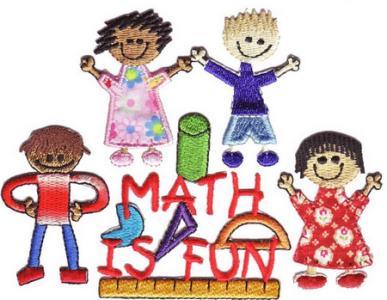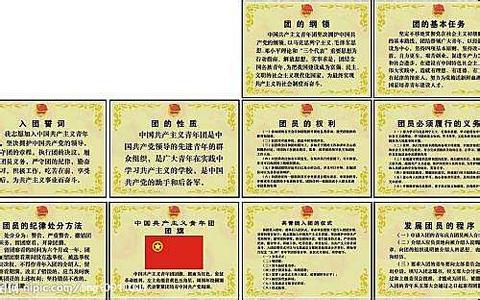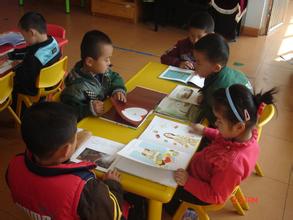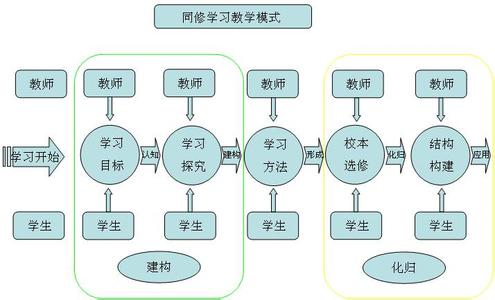Children's Numerical Skills
People appear to be born to compute. The numerical skills of children develop so early and so inexorably that it is easy to imagine an internal clock of mathematical maturity guiding their growth. Not long after learning to walk and talk, they can set the table with impressive accuracy —— one knife, one spoon, one fork, for each of the five chairs. Soon they are capable of noting that they have placed five knives, spoons and forks on the table and, a bit later, that this amounts to fifteen pieces of silverware. Having thus mastered addition, they move on to subtraction. It seems almost reasonable to expect that if a child were secluded on a desert island at birth and retrieved seven years later, he or she could enter a second-grade mathematics class without any serious problems of intellectual adjustment.
Of course, the truth is not so simple. This century, the work of cognitive psychologists has illuminated the subtle forms of daily learning on which intellectual progress depends. Children were observed as they slowly grasped —— or, as the case might be, bumped into —— concepts that adults take for granted, as they refused, for instance, to concede that quantity is unchanged as water pours from a short stout glass into a tall thin one. Psychologists have since demonstrated that young children, asked to count the pencils in a pile, readily report the number of blue or red pencils, but must be coaxed into finding the total. Such studies have suggested that the rudiments of mathematics are mastered gradually, and with effort. They have also suggested that the very concept of abstract numbers - the idea of a oneness, a twoness, a threeness that applies to any class of objects and is a prerequisite for doing anything more mathematically demanding than setting a table - is itself far from innate.
儿童的数学能力
人似乎生来就会计算。 孩子们使用数字的技能发展得如此之早和如此必然,很容易让人想象有一个内在的精确而成熟的数字钟在指导他们的成长。 孩子们在学会走路和说话后不久,就能以令人惊叹的准确布置桌子——五把椅子前面分别摆上一把刀、一个汤匙、一把叉子。 很快地,他们就能知道他们已在桌面上摆放了五把刀、五个汤匙、五把叉子。 没有多久,他们就又能知道这些东西加起来总共是15把银餐具。 如此这般地掌握了加法之后,他们又转向减法。 有一种设想几乎顺理成章,那就是,即使一个孩子一出生就被隔绝到荒岛上,七年后返回世间,也能直接上小学二年级的数学课,而不会碰到任何智力调整方面的大麻烦。
当然,事实并没有这么简单。 本世纪认知心理学家的工作已经揭示了智力发展所依赖的日常学习的微妙形式。 他们观察到孩子们缓慢掌握那些成年人认为理所当然的概念的过程,或者是孩子们偶然遇到这些概念的过程。 他们也观察到孩子们拒绝承认某些常识的情况。 比如: 孩子们拒绝承认当水从短而粗的瓶中倒入细而长的瓶子中时,水的数量没有变化。 心理学家们而后又展示一个例子, 即:让孩子们数一堆铅笔时,他们能顺利地报出蓝铅笔或红铅笔的数目,但却需诱导才能报出总的数目。 此类研究表明:数学基础是经过逐渐努力后掌握的。 他们还表示抽象的数字概念,如可表示任何一类物品并且是在做比摆桌子有更高数学要求的任何事时都必备的一、二、三意识,远远不是天生就具备的。

 爱华网
爱华网



